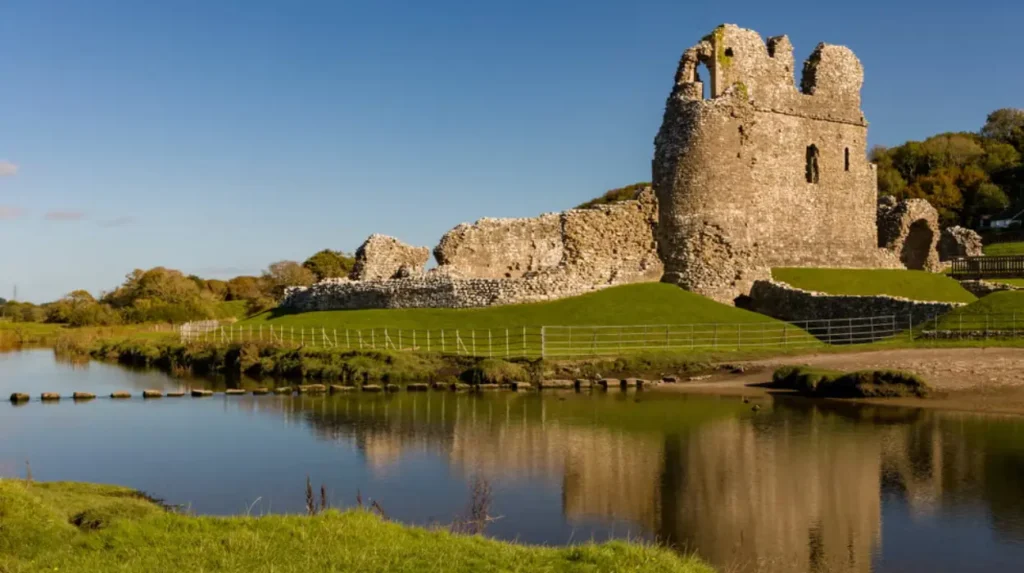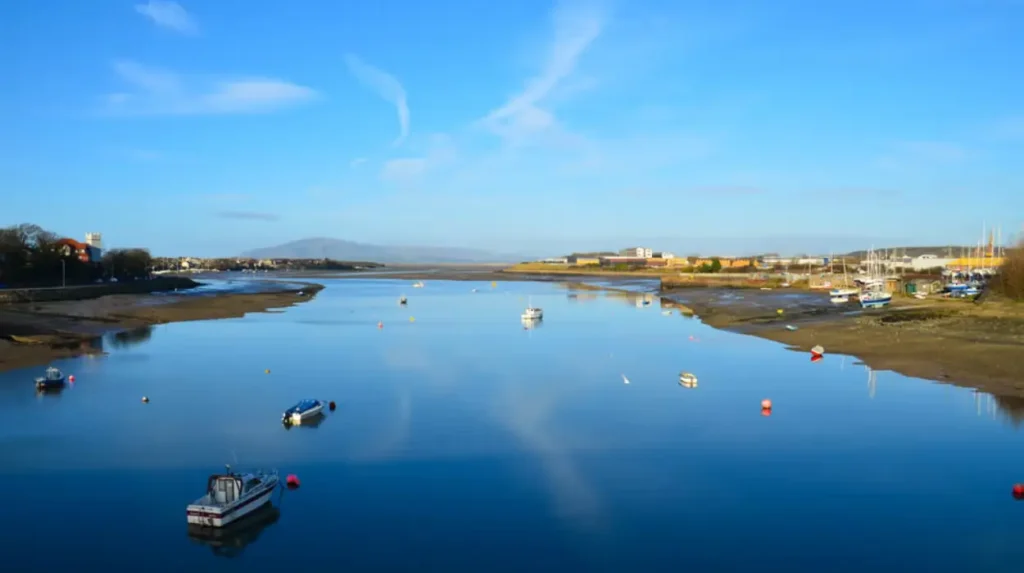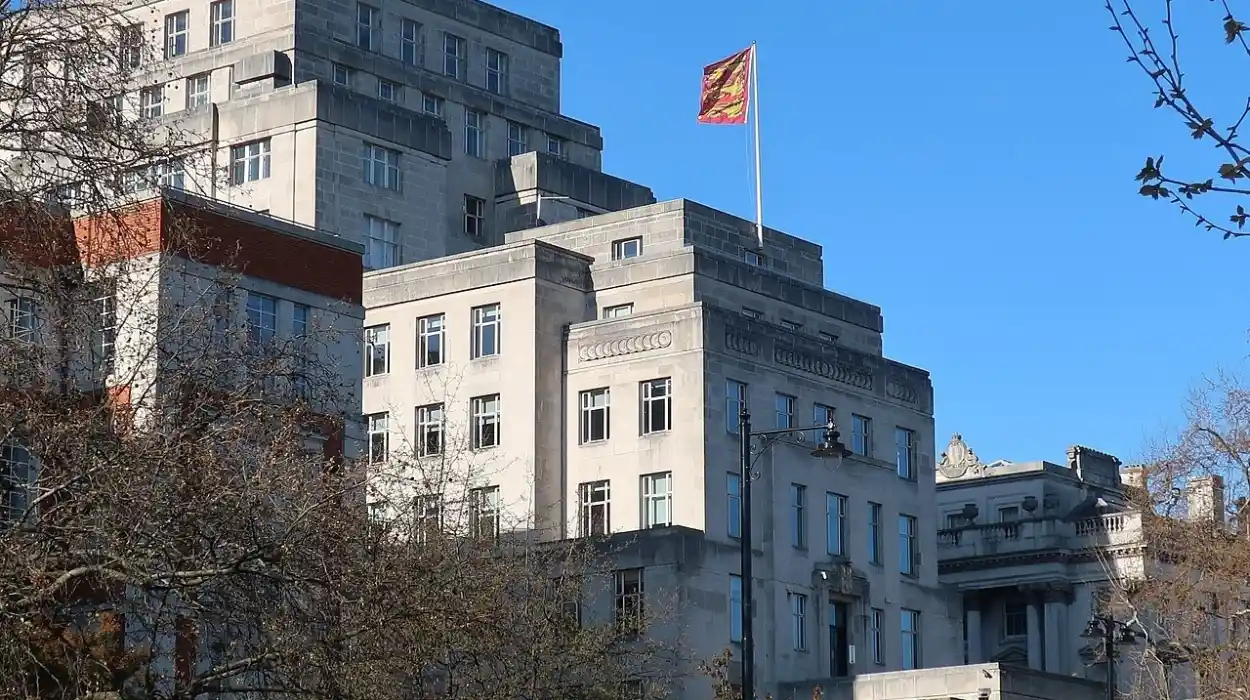The Chancellor of the Duchy of Lancaster is one of the oldest political positions in the United Kingdom. While initially established hundreds of years in the past, the job has changed over time; as a ministerial title, the holder performs as a flexible role that can be held by senior ministers of a government. The title may sound antique, but the Chancellor of the Duchy of Lancaster’s role is very much present and active within UK politics today. In this article, we will look at the roles and responsibilities of the Chancellor of the Duchy of Lancaster.
1. Supporting the Prime Minister
One of the core functions of the Chancellor is to act as a Senior advisor to the Prime Minister. The role also gives advice on complex issues (policy issues, constitutional issues, etc.) so that the Prime Minister can benefit from experienced political judgment on key issues. The Chancellor must also assist the Prime Minister in delivering government priorities, functioning as a liaison with others in the central government in order to ensure delivery against the Prime Minister’s agenda.
Another role that the Chancellor of the Duchy of Lancaster has in this capacity is to engage and ensure delivery, particularly when public agencies and departments are not working in agreement or ‘one system’.
2. The Cabinet Office Responsibilities
A major role of the Chancellor is to establish and coordinate policy across a number of central government departments. The chancellor is to be knowledgeable to ensure the chronology and coherence of policies across the central departments delivered to the public. This coordination minimizes conflicts among ministries and stops work duplication.
Frequently leading on governmental reform projects is the Chancellor. These could entail updating processes, streamlining efficiency, or modernizing the civil service. The Chancellor has a major hand in making sure the government operates as it should by guiding reforms.

3. Working Special Tasks
The role’s adaptability enables the Prime Minister to give the Chancellor particular projects. These projects can involve high-profile legislative initiatives, crisis management, or constitutional changes. Given their role, the Chancellor is ideally suited to handle such difficult duties.
Sensitive or politically challenging matters frequently fall under the Chancellor’s consideration. Their seniority and influence enable them to settle conflicts, forge agreements, and solve issues outside another minister’s portfolio.
4. Overseeing Fields of Internal Policy
Managing changes in public services is one obligation. The chancellor participates in efforts designed to streamline government institutions, cut red tape, and improve service delivery so that they are more sensitive to citizens. This guarantees that government policies directly help the public.
Occasionally, the chancellor is expected to fix problems when policies run into problems. They intervene to settle disagreements, reset tactics, and offer leadership to help to get past roadblocks. This accountability emphasizes the problem-solving aspect of the position.
5. Duties in International Scope
Mostly a domestic one, the Chancellor can stand for the UK in international talks when asked by the Prime Minister. This covers going to meetings, establishing diplomatic contacts, and supporting compromises on behalf of the government.
The Chancellor could also help to achieve international policy goals. They could be charged with supervising constitutional concerns with global ramifications or trade-related negotiations. This adaptability lets the office meet world demands.

6. Strengthening government cooperation
The Chancellor connects ministries and departments. They make sure that different branches of government remain aligned with the general plan and that communication flows easily. At the top levels of government, this accountability helps to keep efficiency.
The chancellor makes sure all stakeholders stay focused on shared goals when rules call for input from several departments. This control guarantees that policies are implemented successfully, lowers delays, and raises responsibility.
7. Crisis Management Responsibilities
Usually in a crisis the Chancellor takes on responsibilities. They offer leadership and coordination whether coping with constitutional issues, national crises, or political instability. This position shows the faith put in the officeholder to handle rapid problems. Handling crises and sensitive issues contributes to the overall stability of government. The Chancellor’s leadership in an important matter enables other ministers to proceed with their departmental roles while the Chancellor must manage matters of wider and unforeseen breadth.
8. Leadership of Constitutional and Administrative Issues
At times, the chancellor must lead a duty in constitutional or administrative reform, perhaps by collating papers on the structure of government, parliamentary processes, or matters of devolved activity. These duties emphasize the seniority and strategic place of the Chancellor.
The Chancellor must also include the administration of government to improve efficiencies. For example, the chancellor is tasked with reviewing systems, documenting deficiencies, and recommending changes or reforms to bolster the machinery of government.
9. Responsibility to the Prime Minister’s Enterprise
The Chancellor is frequently chosen as a political friend and ally of the Prime Minister. As a friend and ally, the Chancellor has responsibilities that include facilitating the Prime Minister’s duty in cabinet discussions on documenting the government’s position and enabling unity in the cabinet.
In addition to administrative roles, the Chancellor also recommences the broader political strategy developed by the Prime Minister. They contribute to shaping the way in which the government approaches politically difficult debates, work to facilitate relations with Parliament, and add insight to how the government progresses politically.
10. Flexibility in the Role
Perhaps the unique aspect of these responsibilities is to act as a minister without a portfolio. This allows the Chancellor of the Exchequer to undertake activities in the areas where their support is needed, and it is far-reaching and fluid due to the Chancellor not being limited to a particular area of policy, and so the Chancellor can provide situated and broad-ranging support.
As a minister without portfolio, the Chancellor of the Exchequer is able to act quickly on any emerging priorities. In the mid-term with regard to this government’s priorities, whether they are national, foreign, or constitutional, the Chancellor of the Exchequer is well placed to provide leadership and direction.


